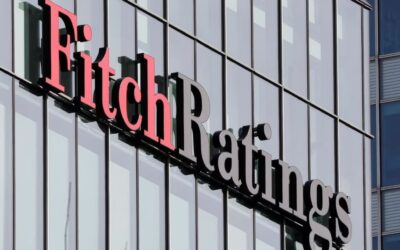Today, the shekel is experiencing a downturn in the wake of reports predicting the end of a cease-fire and the resurgence of conflict. Against the backdrop of a recent shooting attack in Jerusalem that claimed three lives and left seven wounded, financial markets have reacted with heightened volatility.
The dollar asserted its strength, surging by 1.2% and trading at approximately NIS 3.72. Concurrently, the euro has climbed by 0.5% to NIS 4.06. This shift comes as the greenback is anticipated to conclude the month with an 8% decrease against the shekel, a notable decline from its position at the beginning of November when it traded at NIS 4.08.
Global financial markets have also seen a weakening of the dollar this month, albeit at a slower pace compared to its depreciation against the shekel. The dollar index, against a basket of currencies, has fallen by 3.7% this month, paralleling the decline in US bond yields. Analysts attribute this trend to expectations that the Federal Reserve will initiate interest rate cuts in the first half of 2024.
In contrast, the euro has faced a 0.5% drop against the dollar, reaching $1.091. This comes despite surprisingly positive inflation data in Europe, where the Western bloc’s inflation fell to 2.4% on an annual basis in November—the lowest in over two years. The European Central Bank’s (ECB) course of rapid interest rate increases has seemingly paid off, with the inflation rate now aligning closely with the central bank’s 2% target.
Governor Amir Yaron of the Bank of Israel, in an online conference at the Stock Exchange, affirmed the resilience of the Israeli economy, emphasizing its stability and solid foundations. He highlighted the Bank’s swift response to recent events, attributing it to the experience gained in managing crises over the years. Yaron reassured that the Bank would continue to closely monitor market conditions and take additional measures as necessary.
However, a report from the OECD organization delivered a more cautious outlook for the Israeli economy. The growth forecast for 2023 has been revised down to 2.3%, compared to the earlier projection of 2.9% in June. Additionally, the forecast for 2024 has been more sharply reduced to 1.5% from the previous estimate of 3.3%. The economic slowdown is attributed to the October 7 attack and subsequent conflicts, with the OECD predicting a temporary but noticeable impact on the economy.
Main article image: Bank of Israel Governor Amir Yaron (REUTERS, Ronen Zvulun)





0 Comments